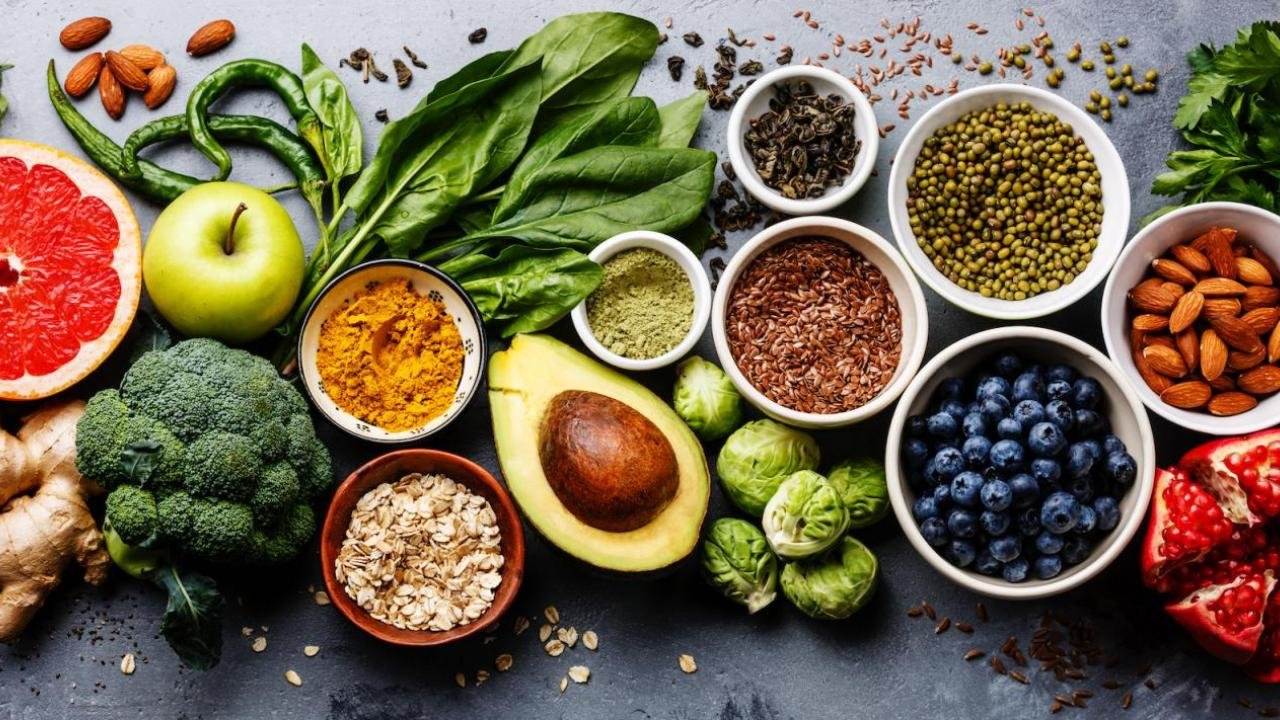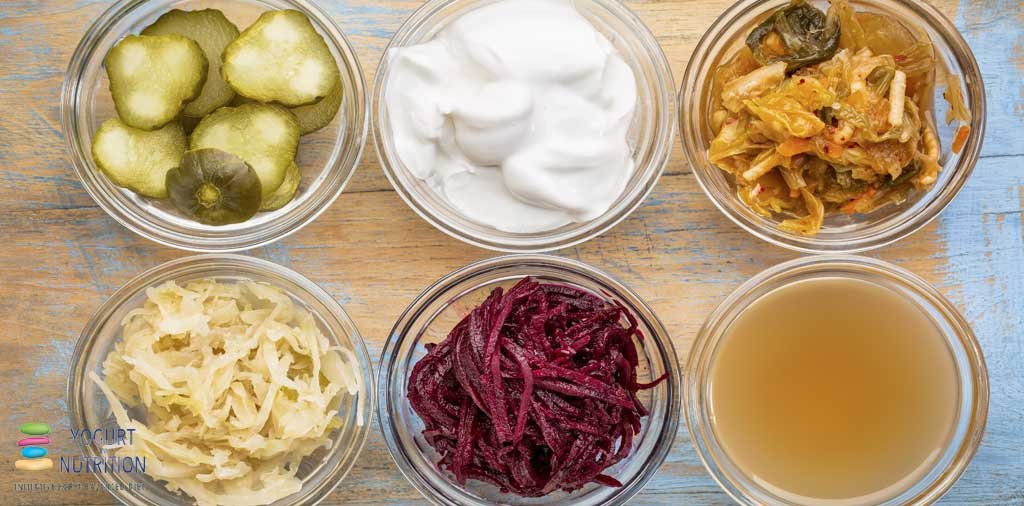For those following a plant-based lifestyle, finding reliable sources of protein, fiber, and essential nutrients is crucial. Enter soy products, such as tofu, tempeh, and edamame. These versatile and nutritious ingredients are key components in many plant-based diets. In this article, we’ll explore how soy products can support a plant-based diet, their health benefits, and creative ways to incorporate them into your meals.
Why Choose Soy Products for a Plant-Based Diet?
Soy products are incredibly popular in plant-based diets because they provide a complete protein source, similar to animal-based proteins like meat and dairy. Protein is essential for building and repairing muscles, organs, and tissues, making it a critical component for anyone, especially athletes and those looking to maintain or build muscle.
Here are some key reasons why soy products are an excellent choice for a plant-based diet:
- High in Protein: Soy is one of the few plant sources that contain all nine essential amino acids, making it a complete protein. This is particularly important for those who don’t consume animal products.
- Rich in Nutrients: Soy products like tofu and tempeh are high in iron, calcium, and B vitamins, all essential for maintaining energy levels, bone health, and overall well-being.
- Low in Fat and Calories: Soy products are generally low in calories and fat, making them a great choice for those looking to manage their weight or reduce fat intake.
1. Tofu: The Protein Powerhouse
Tofu is one of the most well-known soy products and a versatile ingredient in the plant-based kitchen. Made by curdling soy milk, tofu comes in various textures, including silken, firm, and extra-firm, each of which can be used in different ways.
- How to Use Tofu:
- Stir-Fries: Tofu is perfect for stir-fries. It absorbs the flavors of sauces and spices, making it delicious and versatile.
- Grilling or Baking: Marinate tofu and bake or grill it for a crispy exterior. It’s great in sandwiches, tacos, or salads.
- Smoothies and Desserts: Silken tofu can be blended into smoothies or used in desserts like vegan cheesecakes or puddings for a creamy texture.
- Health Benefits:
- High in Protein: Tofu is packed with high-quality plant-based protein.
- Rich in Iron and Calcium: Fortified tofu can help ensure you get enough essential minerals like calcium and iron.
2. Tempeh: Fermented and Nutritious
Tempeh is made from fermented whole soybeans and has a dense, chewy texture. It’s a great alternative to meat and is packed with protein, fiber, and probiotics.
- How to Use Tempeh:
- Grill or Pan-Sear: Tempeh can be marinated and grilled or pan-seared for a flavorful, crispy texture.
- Stir-Fries: It’s delicious when added to stir-fries or sandwiches for a meaty texture without the meat.
- Salads and Wraps: Slice tempeh and add it to salads or wraps for extra protein and flavor.
- Health Benefits:
- High in Protein: Tempeh contains a lot of protein, making it an excellent choice for muscle building and repair.
- High in Fiber: Unlike tofu, tempeh is made with whole soybeans, providing a significant amount of fiber, which aids in digestion.

3. Edamame: Quick, Healthy, and Nutritious
Edamame refers to young, green soybeans harvested before they fully ripen. These little beans are a great snack, appetizer, or side dish.
- How to Use Edamame:
- Steamed and Salted: Simply steam or boil edamame and sprinkle with sea salt for a quick and easy snack.
- Salads and Stir-Fries: Add edamame to salads, stir-fries, or soups for a protein and fiber boost.
- Health Benefits:
- High in Protein: Edamame is a complete source of protein, offering essential amino acids.
- Packed with Fiber and Antioxidants: In addition to protein, edamame is rich in fiber and contains antioxidants that may help reduce inflammation and protect cells from damage.
4. Soy Milk: A Dairy-Free Alternative
Soy milk is a popular alternative to cow’s milk, especially for those following a plant-based diet. It’s a great option for lattes, smoothies, cereals, and baking.
- How to Use Soy Milk:
- Coffee and Lattes: Use soy milk as a creamy and dairy-free alternative for lattes, coffee, or smoothies.
- Cereal and Oatmeal: Pour over cereal, oats, or granola for a healthy breakfast.
- Cooking and Baking: Soy milk can be used in soups, sauces, and desserts for a rich, creamy texture.
- Health Benefits:
- Lactose-Free: Soy milk is naturally lactose-free and is suitable for those with lactose intolerance.
- High in Protein and Calcium: Soy milk is packed with protein and often fortified with calcium and vitamin D, essential for bone health.
5. How to Incorporate Soy Products into Your Diet
Soy products are incredibly versatile and can be easily integrated into many different recipes. Here are some creative ways to incorporate these foods into your daily meals:
- Use tofu in curries, stir-fries, and soups.
- Marinate tempeh and grill or pan-fry it for a flavorful meal.
- Add edamame to salads, stir-fries, or eat as a snack.
- Choose soy milk over cow’s milk for cereals and smoothies.
By adding these soy-based foods to your diet, you can enjoy a nutritious, protein-rich, and versatile range of dishes.
Conclusion
Soy products, such as tofu, tempeh, edamame, and soy milk, are excellent additions to a plant-based diet. They provide essential nutrients, high-quality protein, and are versatile enough to be used in a wide range of recipes. Whether you’re looking to build muscle, reduce your carbon footprint, or simply explore new and exciting flavors, soy products can help support your dietary needs.









